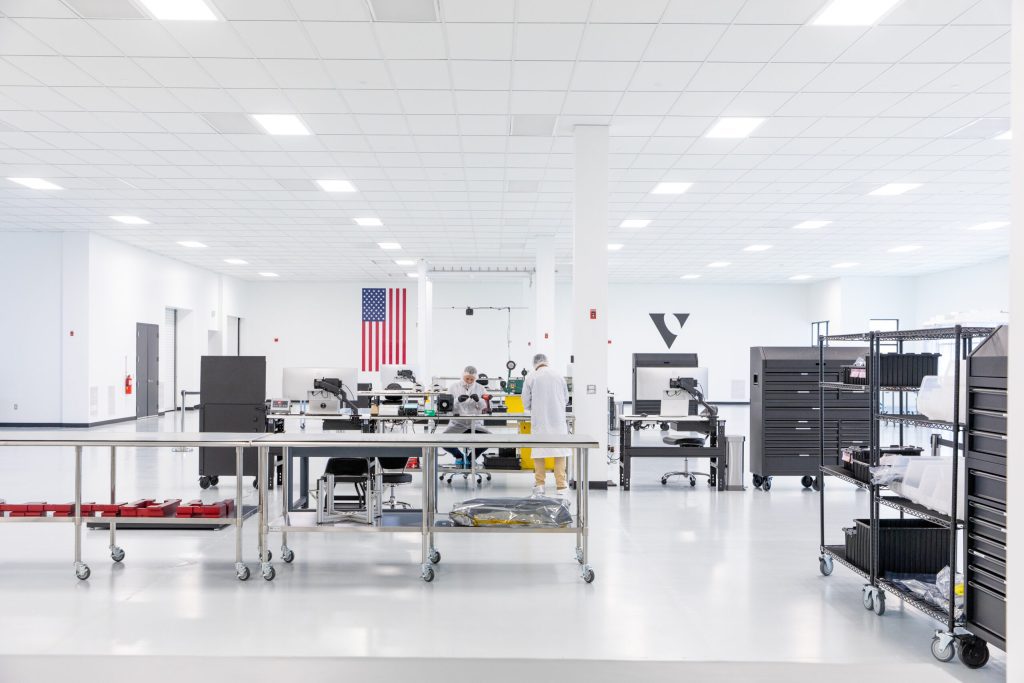WASHINGTON — True Anomaly, a space startup that recently raised $100 million, has laid off approximately a quarter of its employees, stating the need to simplify operations and remove duplicate positions due to rapid growth over the past two years.
The company didn't reveal the exact number of affected workers. According to social media posts, 30 employees were let go on April 24. After announcing a $100 million fundraising round in December, True Anomaly mentioned having over 100 employees.
In a statement to SpaceNews, a True Anomaly spokesperson mentioned that the staff reductions won't affect the startup’s ability to fulfill existing contracts. True Anomaly recently secured a $30 million contract from the U.S. Space Force to provide a spacecraft for the Victus Haze tactically responsive mission.
“With our rapid growth over the past two years, we examined every aspect of our company to ensure we are sharply focused on our goals and best positioned to execute,” the spokesperson stated.
“We identified the duplication of roles and functions across the company and, as such, reduced our headcount. This won’t impact our ability to execute on our contracts with customers or on our mission to bring security and sustainability to the space domain,” the statement reiterated.
Jackal spacecraft
Inaugurated in 2022, True Anomaly positioned itself in the national security space market. It swiftly progressed to develop its Jackal spacecraft, intended for various military tasks requiring in-orbit maneuvering and object interaction. In August, the company opened a 35,000-square-foot facility in Centennial, Colorado.
The layoffs occurred shortly after an unsuccessful initial mission for the company’s first Jackal spacecraft, which was launched to low Earth orbit to demonstrate rendezvous and proximity operations capabilities. Two Jackals were launched on March 4 through the SpaceX Transporter-10 rideshare. On March 21, the company reported its inability to verify if the spacecraft were still operational. The company stated, “We’re planning our second Jackal flight test within the next 12 months.”









